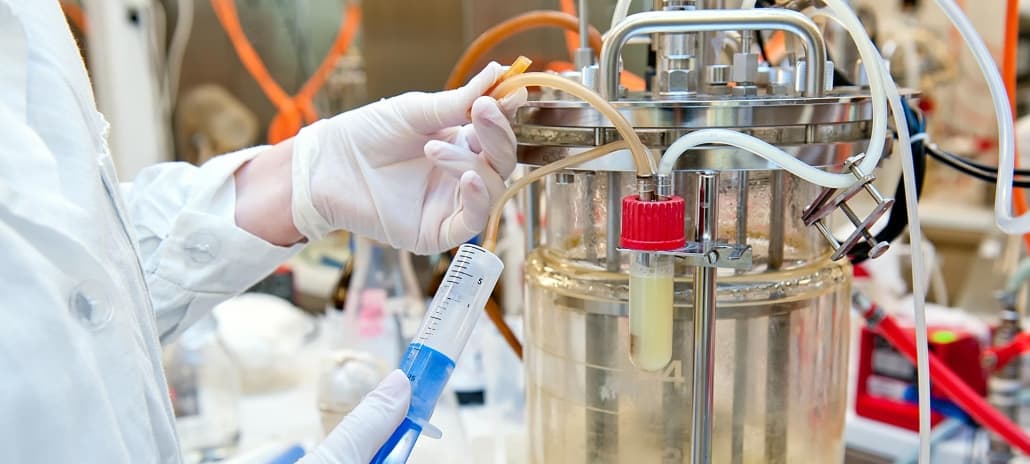The entire biopharmaceutical industry was watching. As were the regulators, investors, and most importantly, the patients who depended on the life-saving drugs that would soon be in short supply. This was 2009 when Genzyme confirmed that the decreasing yields it was tracking of two drugs made at its Allston Landing Plant in Boston was the result of viral contamination.
What happened next was widely documented in the media. Genzyme suspended production in Allston of Cerezyme® for Gaucher disease and Fabrazyme® for Farby disease and began an unprecedented effort to sanitize the plant and rebuild not only its operating procedures but also public confidence, ultimately working under a consent decree.
Concurrently, Genzyme was planning to expand its biomanufacturing facility in Framingham, Massachusetts. And while there was no viral contamination in Framingham, the company made the strategic decision to apply its top-to-bottom restoration approach there as well.
In that effort, Genzyme engaged ICQ to develop a new commissioning and qualification program reflecting the latest best practices, informed by the contemporary regulatory frameworks promulgated by both the U.S. Food and Drug Administration (FDA) and the European Medicines Agency (EMA).






